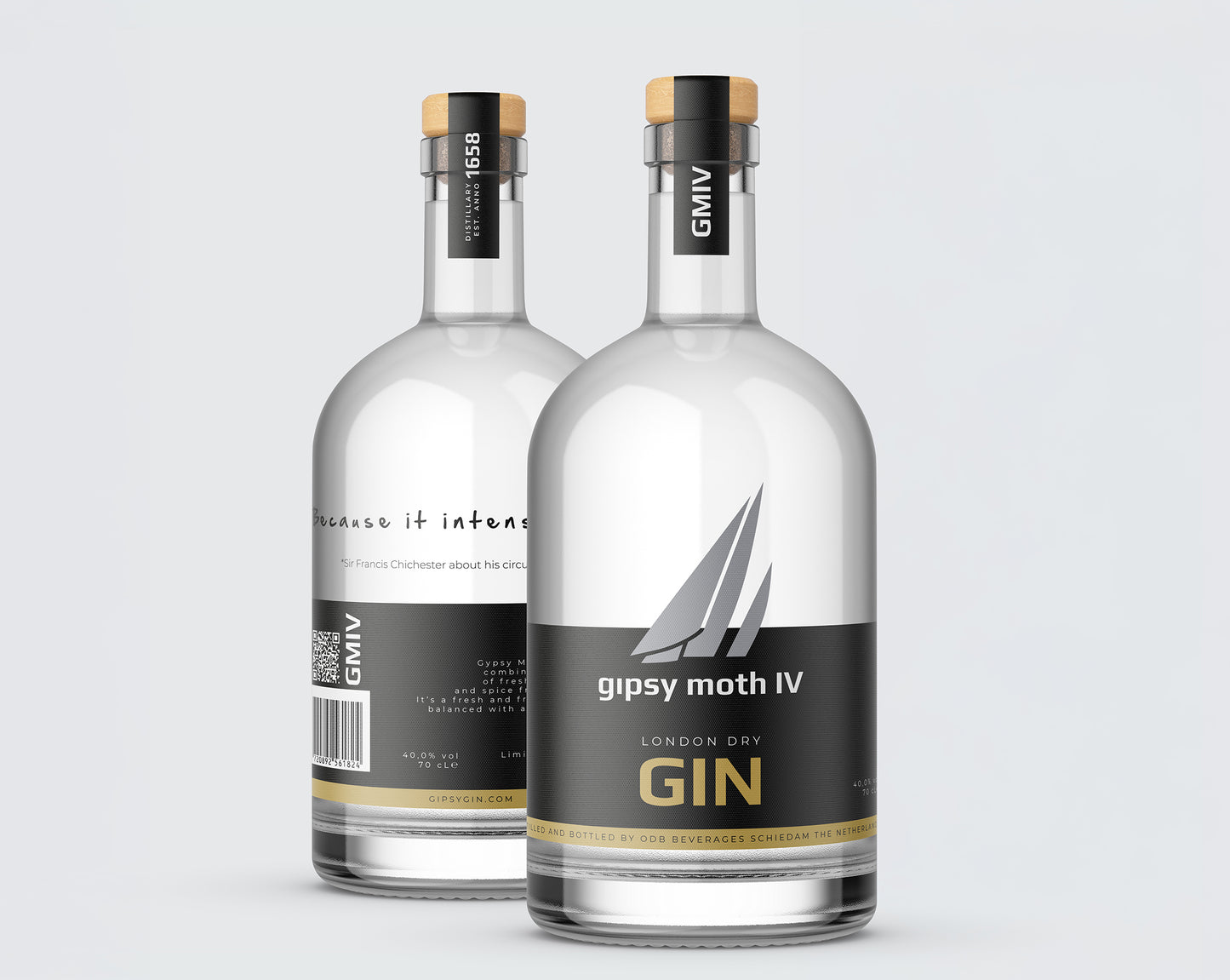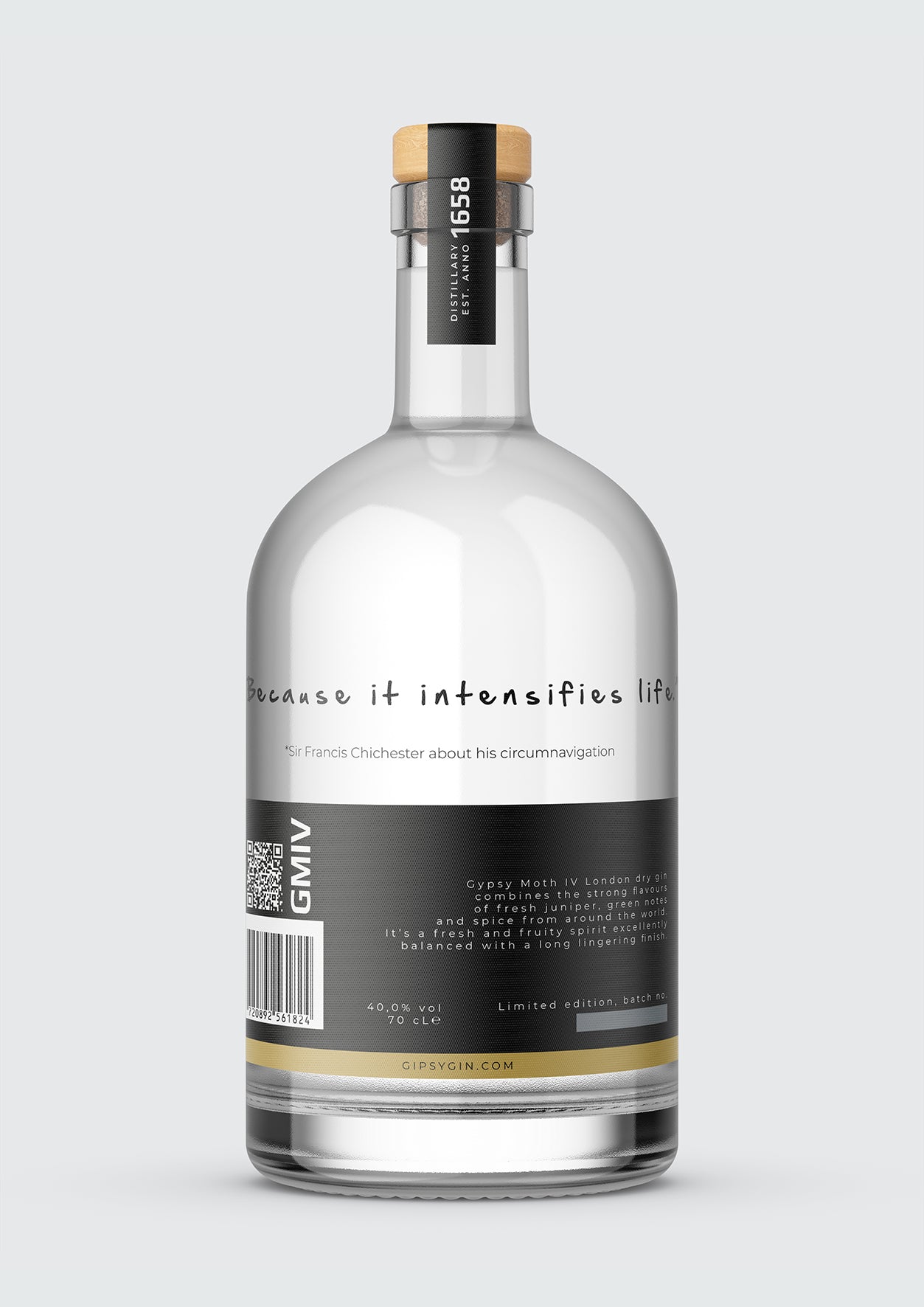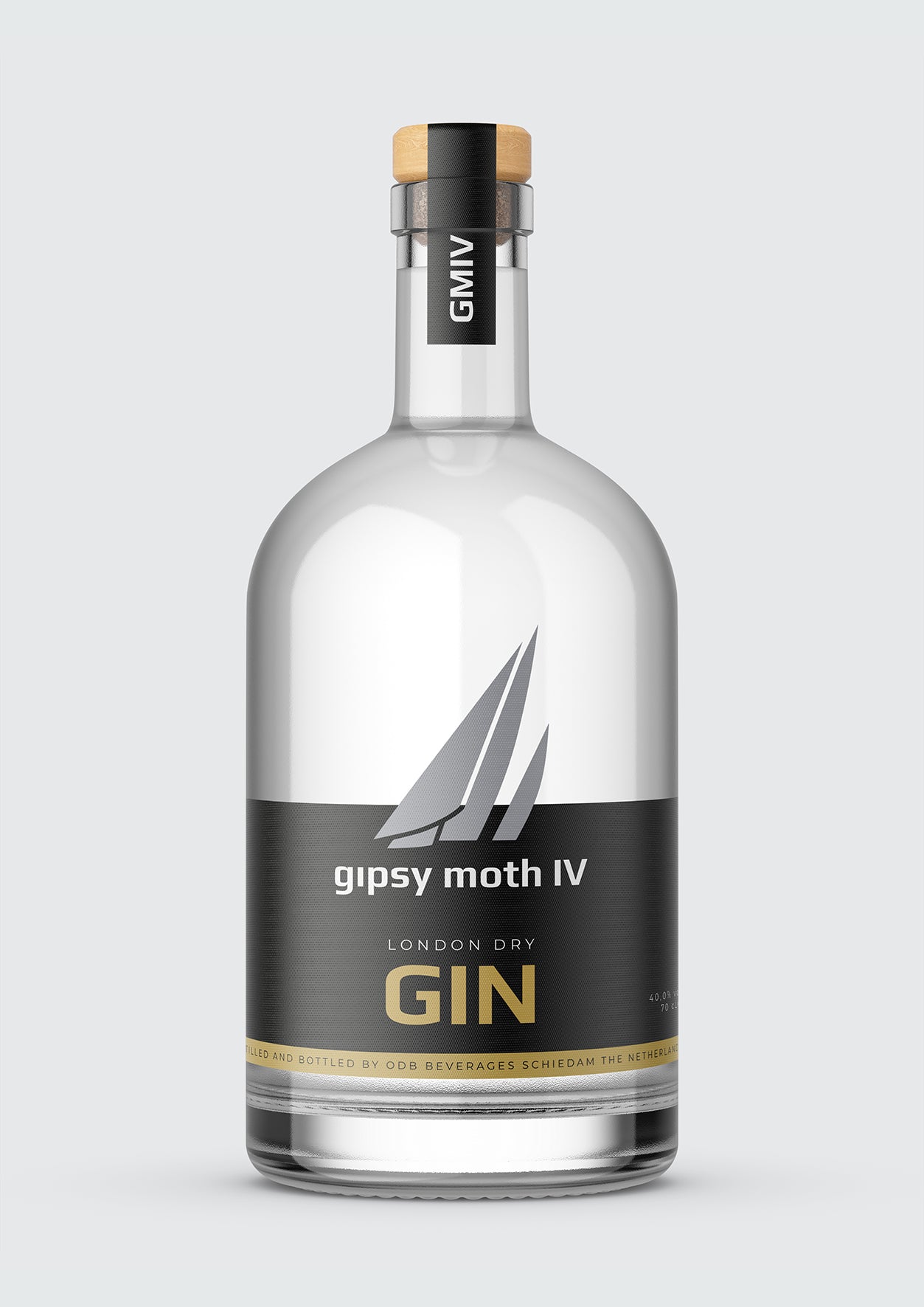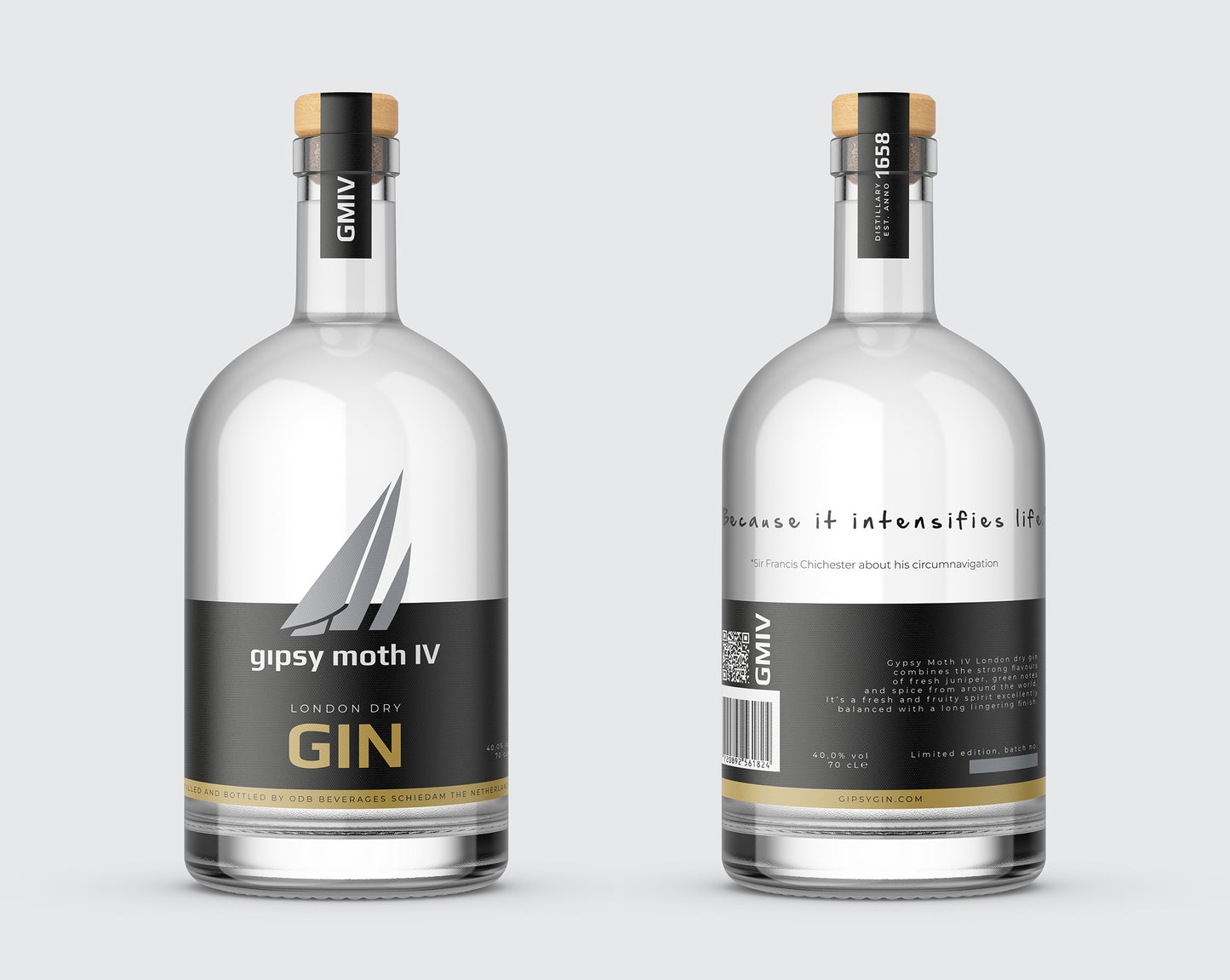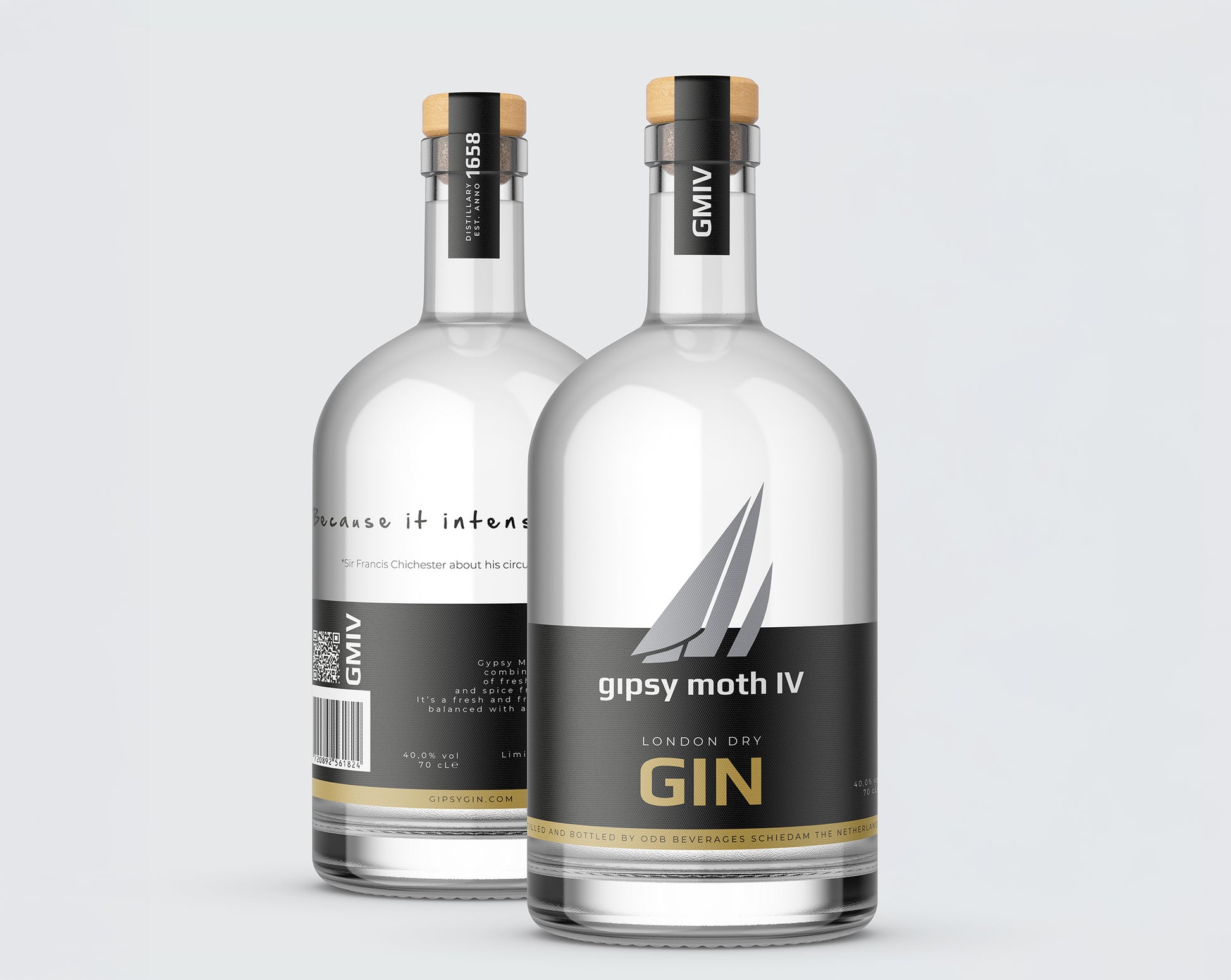Gin History
The origin of London Dry Gin dates back to the 17th century. Gin is derived from the Dutch spirit known as "jenever" (or "genever"), a juniper-flavoured liquor that Dutch produced in distilleries like that of ODB which was established in 1658 in Schiedam. Soldiers drank jenever during the Eighty Years' War before going into battle, where it became known as "Dutch courage".
At this time, the juniper spirit was introduced to England where "gin" was created. Its popularity soared during the late 17th and early 18th centuries, partly due to Holland's King William of Orange, who became William the III of England and who encouraged gin production to reduce imports of French brandy.
Over time English distillers began refining and adapting the jenever recipe and "London Dry Gin" was created. This style was purer, more aromatic and made through the distillation of added botanicals like coriander. Unlike other versions of gin, London Dry Gin had no added sweeteners or artificial flavours and was not diluted.
The British Navy popularized gin among sailors, pairing it with quinine-laced tonic water (to combat malaria) and sometimes adding lime juice, creating the basis for the classic gin and tonic - the "G&T".
Sir Francis Chichester was known as a great drinker of gin and took this on board Gipsy Moth IV. He made a number of famous "gin quotes".
The most famous being when he answered the Sydney journalists question "When were your spirits at the lowest ebb?
– his obvious answer was “when the gin gave out !”.
Sailors edition
Gipsy Moth IV Gin 700ml
